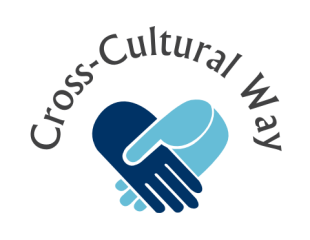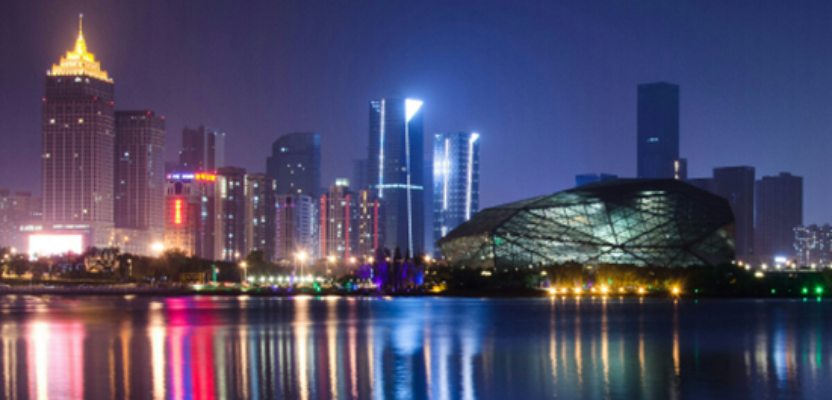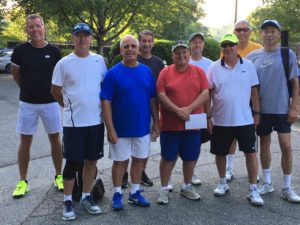The Chinese Are 2500% Richer Now, So Why Are More People Grumbling?
In the early-1980s, before I hopped on the one-way plane to the U.S., my monthly salary was 57 yuan or roughly $20 a month at that time. That was after I graduated from college, working in an enviable position in the Electronic Ministry in Beijing. As a matter of fact, in those days all college graduates made similar wages in China. Besides job security, the government guaranteed everyone would have healthcare and an apartment to live in–all at close to zero cost—a true socialism, zero inequality, that has largely gone extinct.
At that time, no one had automobiles, which no one seemed to miss anyway. Everyone either took a bus or peddled on two wheels to work—China was once nicknamed “bicycle kingdom” after all. I was among millions peddling on the road each day in Beijing, rain or shine. And yet, people seemed to be fine with how things were, even jollier than they are today. In those days, we gathered more. After work, I would just pull a chair outside to sit in the courtyard with a pitcher of beer (at room temperature, flat, with hardly any bubbles in it) and a plate of roasted peanuts. Some neighbors would join me soon by bringing something else to the table–with no invitation necessary. Before you knew it, 4-5 guys would sit around clinking mugs, joking around, and laughing until nightfall to end the busy day.
Fast-forwarding three decades to today, daily life in China is as different as day and night. A few years ago, I went back to Beijing, looking for the places where I used to live and work, which were 25 minutes apart by bike. I was completely stunned as if I had entered a futuristic world. Gleaming skyscrapers competing to tower over one another had replaced everything from my memory. Automobiles take up all the space on the road, although they seemed to creep along slower than my bike in the old days. But cars are far more comfortable.
Nowadays, when people come back from work, there is hardly any eye contact between any two people running across each other in the elevator or in the hallway. Communal gathering in the courtyard is no longer trendy as people opt to stay behind closed doors instead. As smartphones kicked rotary phones into the museum, social life has become completely virtual. People geek out via WeChat several hours a day, often using stickers or emojis over words to convey or mask their true emotions. Oftentimes, the viral messages online are composed of angry venting and fury about their day: being stuck in the traffic, exposure to smog-polluted air, and prices rising faster than their disposable incomes.
Currently, new college graduates can make, on average, 3000-5000 yuan (depending on which cities they live in), equivalent to $500.00-$800.00 a month. That’s an astonishing 2500% increase from three decades ago! Getting rich is the new-found religion in China. They are all obscenely richer now compared to the old days, which was not too long ago; however, staying rich is an entirely different matter. So how do people fare in China today?
Data from the 2017 World Happiness Report shows during 1990-2015 GDP in China has multiplied more than five-fold. However, collective well-being over the same period fell for 15 of those 25 years with current levels still, on average, less than a quarter of a century ago. We know money alone can’t buy happiness, but, generally speaking, it shouldn’t hurt either. So, why do people feel worse off today?
For one thing, the index of happiness is a comprehensive measure of individual welfare, comprising both economic and noneconomic factors that influence people’s well-being. Thus, GDP growth is only one of those factors, which alone, cannot fully explain the massive fundamental changes that have transformed people’s lives in China. Along with the fast growth, there are new anxieties and concerns which add to the existing ones, such as job security, inflation, expensive housing, healthcare, retirement, just to name a few.
In recent years, millions of upper-middle-class Chinese are agonizing over the choice for their children’s education, whether to send them abroad or to let them stay in local schools. Many went with the latter, but not without having to wrestle with the decision. This is more like a conundrum for the rich, but problems are still problems, rich or otherwise. In addition to all the above, the most emotionally dampening factor is the income inequality that exists today which is in sharp contrast to 30 years ago.
As a measure of income inequality, the GINI index value (World Bank estimate) for China was 27.69 in 1984, putting China among the top five countries in the world with the least inequality. But as of 2010, it increased to 42.06, placing China among those countries in the world having the most income inequality. These two curves (GINI and Happiness index) being inversely correlated over the same period—the time during which commercial and urban development in China took off– cannot be coincidental. In a way, it reflects the true reality for a country of 1.4 billion in rapid transformation.
“Let some people get rich first,” the paramount leader at that time, Deng Xiaoping said in the mid-80s, marking the start of the full-fledged economic reform in China. Income inequality has been skyrocketing ever since, whereas a simultaneous decline in the well-being index. Historically speaking, this social and economic phenomenon is nothing new in China. “[People]Not suffering from poverty, but suffering from inequality,” (不患寡而患不均) Confucius said 2500 years ago, which couldn’t be any clearer.
At the same time, however, China has achieved a miracle in the human history of poverty reduction over the last three decades. According to the World Bank, the economic development in China has lifted more than 500 million people out of extreme poverty, as China’s poverty rate fell from 88 percent in 1981 to 6.5 percent in 2012.
It may be true that more choices mean less happy as some studies have indicated, which is what has happened in China today. But don’t forget happiness is also one of the choices we can all make, especially for those who have all the material things they ever needed. For me, unlike in the old days I could just sit in the courtyard with a beer and hope others would join me, focusing on what I love to do and keeping at it would be one way and giving back a little whenever I can would be another for achieving and retaining a long-lasting joy.
After all, while we are grumbling over the inequalities that China confronts today, let’s face it – one would have no heart if not to reminisce some of the good old past, yet would have no brain if one were to choose to go back to those days. Besides, things are still a work in progress, more so in China than in most other countries. Thus, in this case, patience is truly a virtue.


